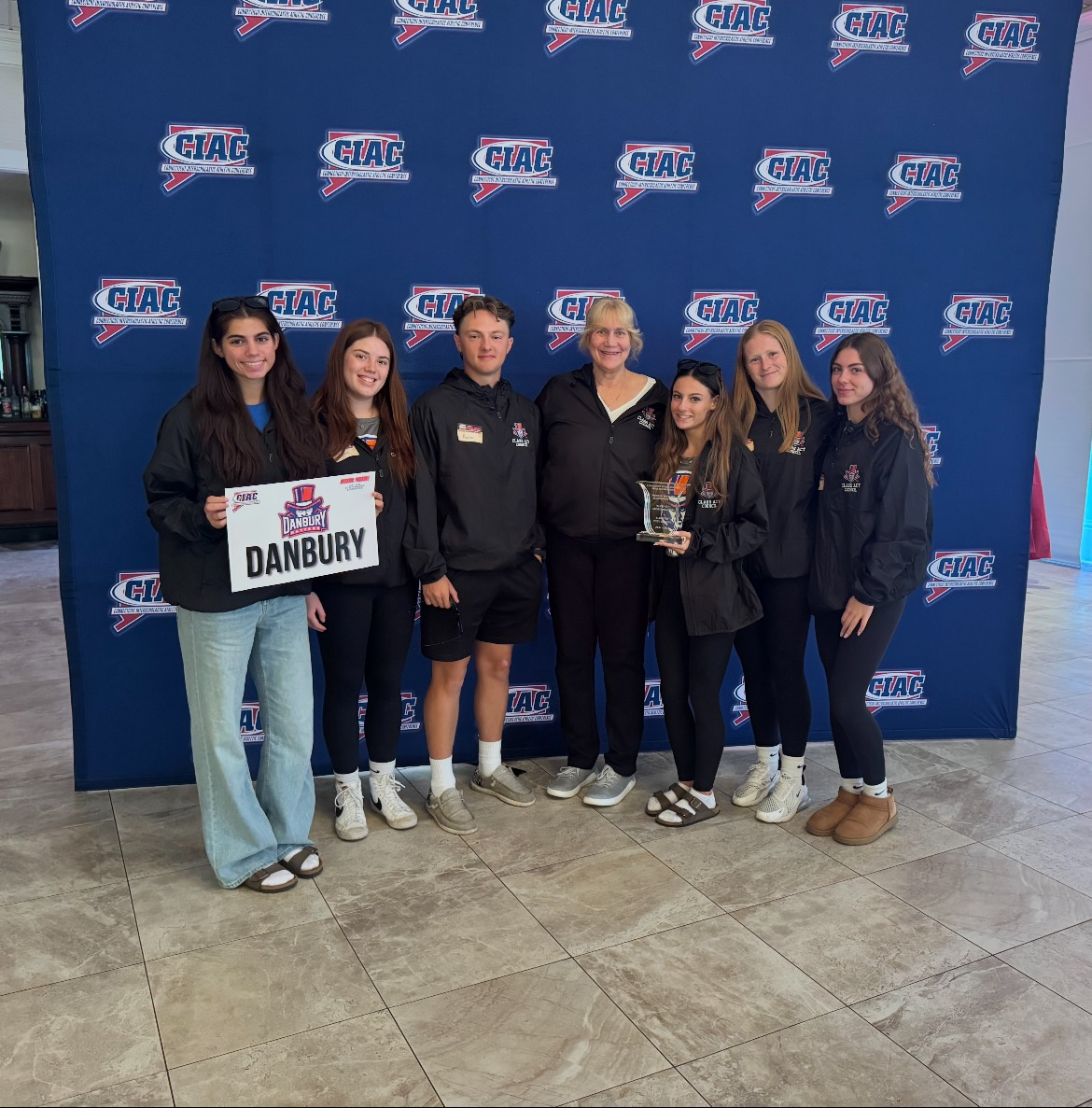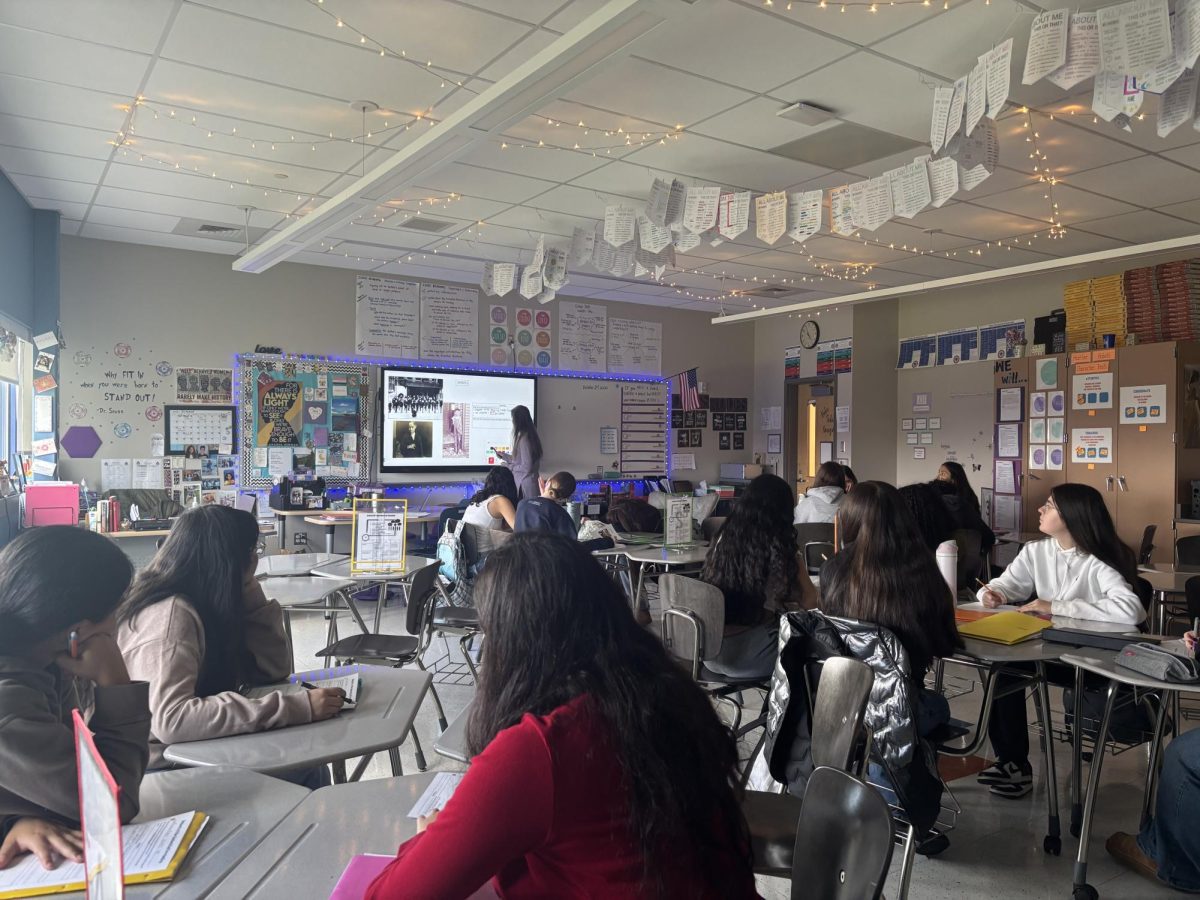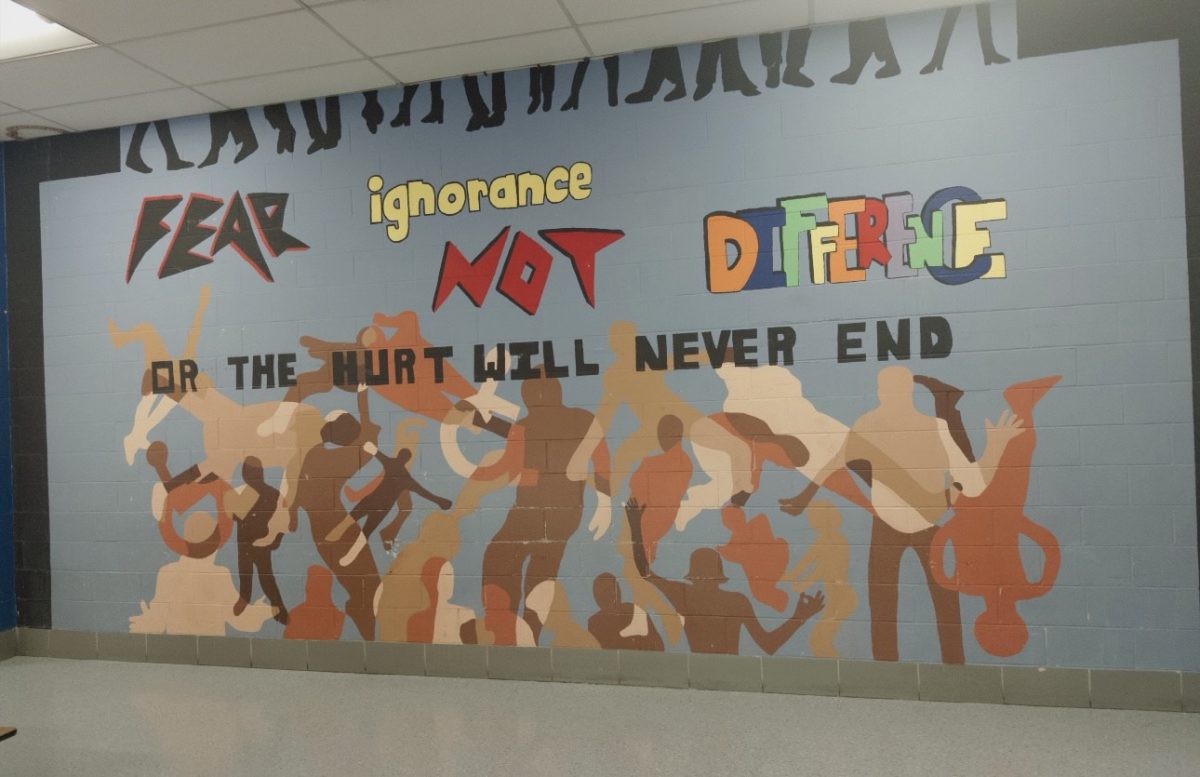Between the filters on a phone screen and the faces at the front of the classroom, girls are learning what womanhood looks like, whether teachers intend to show them or not.
With the uprise of social media, perfection is feigned, filtered, and honored. In the classroom, it’s redefined by women who show up everyday being messy, confident, and real.
Somewhere between those two worlds, female students absorb lessons that were never formally taught or listed on a syllabus. They aren’t taught, but discover ways to carry themselves, how to speak up, and how to take up space without apology.
A senior at DHS shares how during her time at the school was shaped heavily by her teachers throughout every year.
“I never realized how much I watched my teachers, the way they dress, handle disrespect, and how they spoke up, but a lot of the way you feel in a classroom and carry yourself forward is shaped a lot by the figures in your life, and a lot of a student’s time is spent in the classroom,” says senior Sierra Forgue.
In the classroom, girls see women who are real. Online, they see women who are ideal. It’s hard to know which version to believe and idolize.
“I remember the way my Spanish teacher would talk about her day and her life updates before class, she always made my day a bit better knowing I’m not the only one struggling keeping up with school and after school activities,” expressed sophomore Karen Chalco. “This shapes me to be a better person and to speak out about my problems because I know I’m not alone. “
Emily Pardalis, a psychology and history teacher at Danbury High School, shared that she doesn’t even realize the impact she has on students, or if it’s even there. “I don’t know. I just don’t feel like I see them enough afterwards. There isn’t really a chance where most students just tell me exactly how they feel and it’s not like I ask,” Pardalis said. Yet she has an abundance of students that yearly visit her just to catch up, coming back because she had to have influenced them.
“So I have a lot of former students come back and like, even now, I’m friends with a lot of them outside of school.” Pardalis adds, “They’ll text me or email me about classes that they’re taking in college and things that they’ve learned here, especially psychology. They learn a lot of it again, if they take a psychology class in college.”
Maya Adame, a former student of Emily Pardalis, shares that Pardalis influenced her to change the habits that sabotaged her grades, changing her perspective on the class which in turn made her notice Pardalis more.
“One of my teachers I had freshman year called me out on how disorganized my backpack was. At first I brushed it off because, like, I thought it wasn’t a big deal. Now, as a sophomore, I realize organization made my life easier. All my assignments are turned in on time and I don’t even spend five minutes rummaging through my bag looking for my lip gloss.”
Beyond the school skill that teachers are intentionally teaching, they subconsciously teach girls not to be afraid of their emotions and how to tackle them.
“I remember the way Ms. Pardalis cared, and the little times when she’d get annoyed because she would have a hard time keeping it off her face but she would always stay kind and you could always tell that she had warmth. It’s hard to stay on a pedestal and she reminded me that it was okay to be human because we have emotions,” says former student of Pardalis Nia Hall, “There was never a time I doubted her belief in me.”
Sophomore Kesha Lau says she relates to the feeling. “When a teacher is confident but still real about their bad days it makes a difference,” Lau says. “It reminds you that you don’t have to be perfect to be respected. It makes you feel more comfortable being yourself too.”
That kind of influence rarely shows up on report cards, but it lasts far longer.
Alden Mackay, English teacher at DHS, just hopes she teaches her students, if nothing else, to be kind people.
“I think it’s more just like, I feel like every day I’m at least trying to do something right. And so I would say that’s success, “ says Mackay, “Even if a student learns, like, to say hello to you at the start of the day or something like that, like, then that’s a success, even if they’re not learning content, they’re still learning.“
Womanhood isn’t something you perform, but something that you live every day, even in the smallest of ways because for every girl scrolling through a feed of impossible standards, there is a teacher like Mackay and Pardalis standing in front of her, unfiltered and real.

















